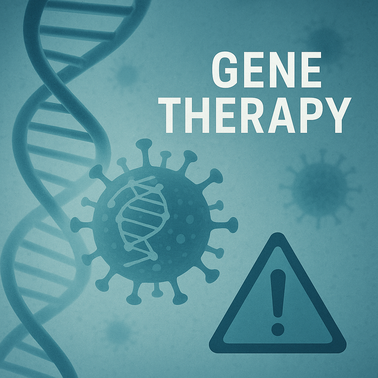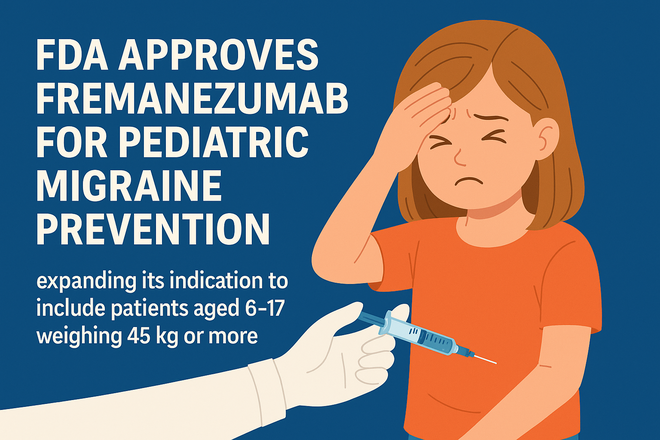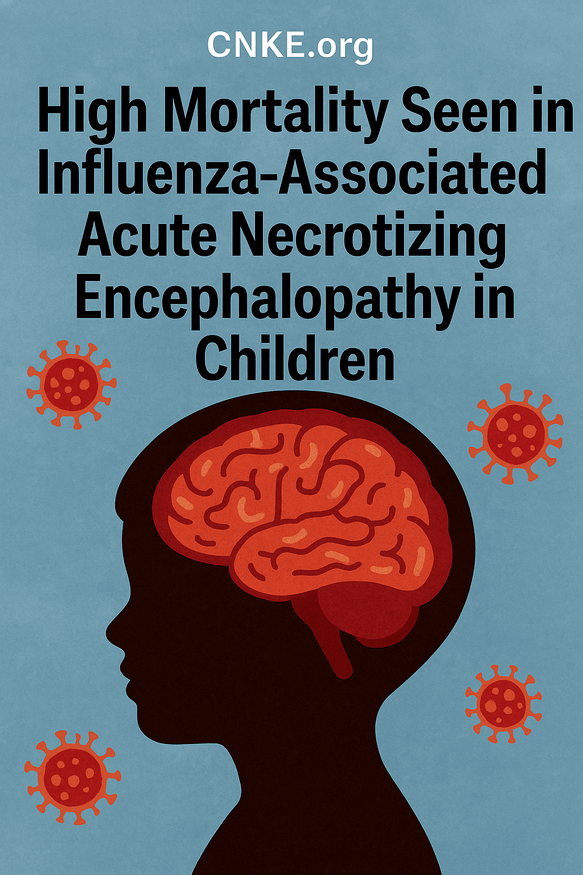Index
Washington, July 18, 2025 – Sarepta Therapeutics has come under severe scrutiny following reports that the U.S. Food and Drug Administration (FDA) is requesting a voluntary suspension of all shipments of Elevidys—its AAVrh74-based gene therapy for Duchenne muscular dystrophy (DMD). This move follows three deaths possibly associated with Sarepta’s gene therapy platform, including two teenage DMD patients and one adult with limb-girdle muscular dystrophy (LGMD).
Three Fatalities Sharpen FDA Focus
- Two non-ambulatory teenage boys treated with Elevidys tragically died from acute liver failure earlier this year.
- A third fatality involved a 51‑year-old LGMD patient enrolled in Sarepta’s SRP‑9004 trial, who also succumbed to acute liver failure in June.
- In response, the FDA has paused all LGMD clinical trials based on this platform and revoked Sarepta’s streamlined-platform designation.
Market Reacts: Share Price Swings
Following the FDA’s announcement and the disclosure of the third death, Sarepta’s stock plunged approximately 36–37%, trading around $14 per share—a dramatic drop from its nine‑month highs.
FDA: ‘Swift Action for Patient Safety’
FDA Commissioner Marty Makary, M.D., M.P.H., emphasized, “We believe in access to drugs for unmet medical needs but are not afraid to take immediate action when a serious safety signal emerges.”
Sarepta Eyes Modified Strategy – Continues Distribution
Despite pressure, Sarepta has declined to fully halt Elevidys shipments. The company maintains distribution for ambulatory DMD patients only, while shipments for non-ambulatory patients—already halted in June—remain suspended. It asserts there is no new safety risk in its ambulatory population. Sarepta also confirmed plans to add liver toxicity warnings and enhance immunosuppression guidance for younger patients.
Broader Implications for Gene Therapy
- Regulatory tightening: The FDA’s move may usher in broader restrictions on AAV-based gene therapies, with intensified safety scrutiny and possible market setbacks.
- Company credibility hit: Analysts criticized Sarepta for not disclosing the third death during its restructuring announcement, warning that confidence in management has eroded.
- Commercial risk: Elevidys was anticipated to deliver up to $500 million in annual sales. A full shipping cut-off would severely impair Sarepta’s revenue and financial stability.
Outlook
- Short-term: The FDA’s final decision on full suspension or possible withdrawal of Elevidys will be pivotal. Sarepta’s financials and share price are vulnerable in the meantime.
- Mid-term: Insight gained from revising safety protocols—such as enhanced liver monitoring and immunosuppressive strategies—will determine the therapy’s future viability among ambulatory patients.
- Long-term: Regulatory precedent set in response to these cases could slow approvals and development of other AAV-based gene therapies in neuromuscular and pediatric medicine.







